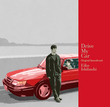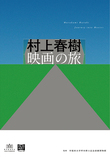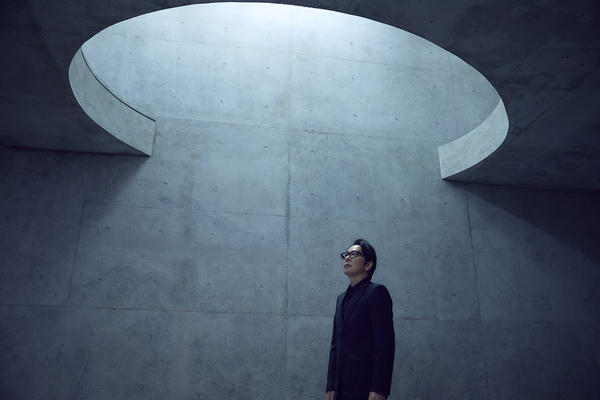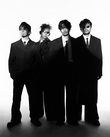
In admiration for the literature and the play, the movie of the voices to seek possibilities of the sound in it amazes us.
The latest movie of Ryusuke Hamaguchi drew so much attention in Canne as last one did, and is well composed to recall a singular, the masterpiece The Vertigo by Hitchcock. The movie presents structure which suddenly takes a character out of sight, who is assumed to be one of major characters, and the absence continually casts shadows on the turns of its story for all this. In his last one, Asako I & II, a man performed by Masahiro Higashide quickly disappears from his lover and audiences. Also in the new one Drive My Car a wife (Reika Kirishima) of the main character greets sudden death in the beginning. In the former you will find reappearance of another character in exactly same figure with completely opposite personality later, and both these roles are performed by the same actor, Higashide. Again, the idea of this double role reminds me of The Vertigo. But the way in which absence affects the story of the latest and represents absence itself in it, is extraordinarily cinematic and unique, which conceives its own beauty.
A short story of the same title (Drive My Car) by Haruki Murakami, together with inserted interpretations of two other stories adopted from the same compilation of short stories titled Men without Women, constitutes about three hours long, a genuine feature-length movie. While the protagonist, Kafuku (Hidetoshi Nishijima) is set as a stage actor with moderate reputation in the original story, he appears to be rather an internationally famous stage director in the movie with his distinctive direction known as multilingual theater.
The movie opens up with the shot capturing a silhouette of a naked lady in the room. Then in the background, through windows you see town before dawn and mountains. She is Kafuku’s wife and tells her husband a strange story that she repeatedly sneaked into her first lover’s house, stole things, and left behind her belongings there as her signature. Next morning, while he drives red car, which you may consider as main character of the movie, to take her to her workplace, he ruminates that story she told. She, a playwright, weaves the story during sexual intercourse with him, but next morning she can not recall any of what she told last night, so it has been her habit of making him recur to the story through his memory, and scripting it. One day, due to the flight cancellation, Kafuku is forced to return to his house, a suburbia of Tokyo. There, he witness an affair of his wife, who saw him off just a few hours ago, with a man he could only see man’s back. He walks away without identifying the man, which might imply he has already been aware of her affair. Then, another night, he finds her passing out on the floor in the house. The scene follows her funeral under heavy rain. This sudden development is unexpected. This sudden event brings life of Kafuku and the story of the movie a crack. As though what we have been watching is a long prologue, or dream... Wait, who said she is gone?

























